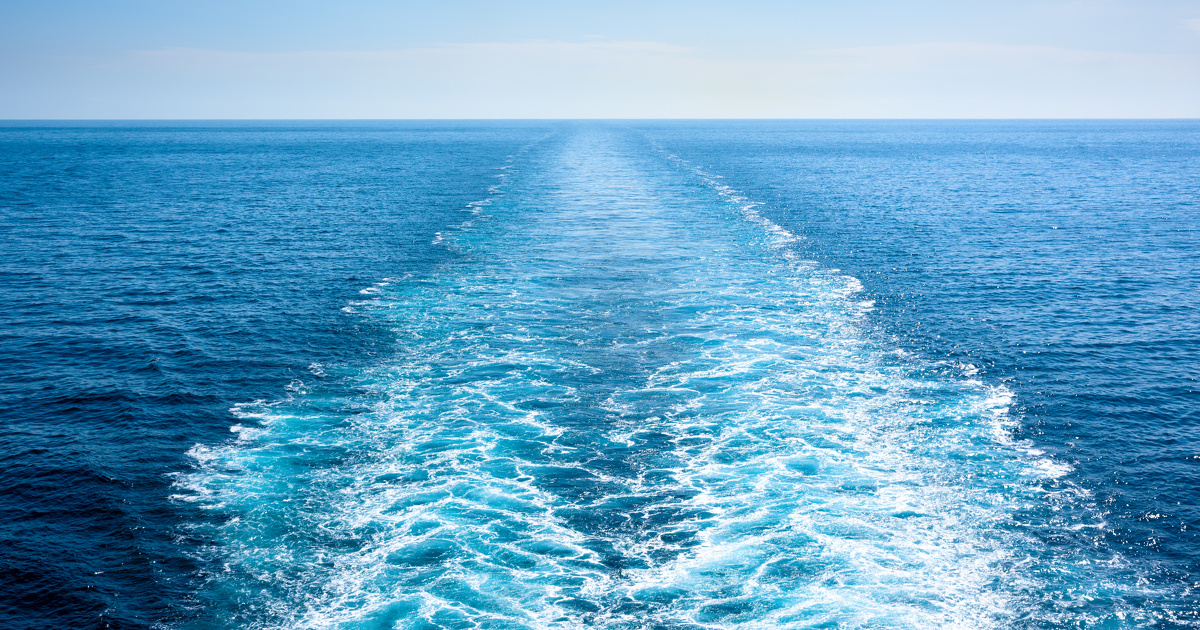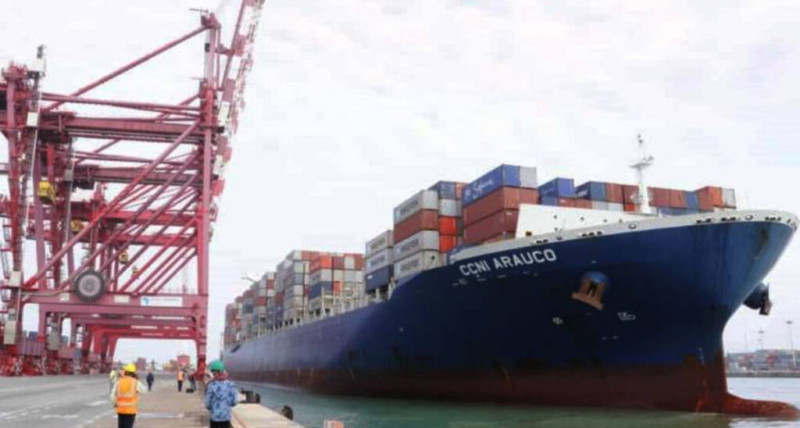France is the first EU member state to ratify the international treaty on biodiversity in maritime areas, known as the « high seas treaty. » This treaty aims to protect 50% of the planet’s surface and two-thirds of the oceans. Adopted by the National Assembly in May 2024 and approved by the Senate in November 2024, the treaty covers the protection of the ocean beyond exclusive economic zones and continental shelves. It will come into effect once 60 countries ratify it, with 14 countries having already done so.
France is the first EU member state to ratify the international treaty on biodiversity in marine areas, aimed at protecting the high seas. The treaty seeks to safeguard 50% of the planet’s surface and two-thirds of the oceans.
Adopted by the French National Assembly on May 29, 2024, the bill authorizing the ratification of the treaty for the protection of the high seas and marine biodiversity was examined and approved by the Senate on November 5, 2024. The treaty focuses on protecting the oceans outside the exclusive economic zones (EEZs) and continental shelves of coastal states. It is known as the BBNJ (Biological Diversity of Areas Beyond National Jurisdiction) or « High Seas Treaty. »
Nearly three years after France hosted the One Ocean Summit in Brest in February 2022, the French Senate adopted the bill by a vote of 340 in favor and none against. The law will be promulgated within the next two weeks by the President and then published in the Official Journal. As of now, 14 countries have ratified the treaty, with 60 required for it to enter into force. France is the first EU country to ratify the high seas treaty, joining Monaco in Europe.
It marks a turning point in ocean protection and complements the legal framework of ocean governance established by the United Nations Convention on the Law of the Sea, adopted in December 1982 during the Montego Bay Conference (Jamaica). The treaty will enter into force once ratified by all 60 states. Its implementation will be monitored and assessed by a Conference of the Parties (COP), with entry expected before the United Nations Ocean Conference in Nice in June 2025.
Source: actu environnement




